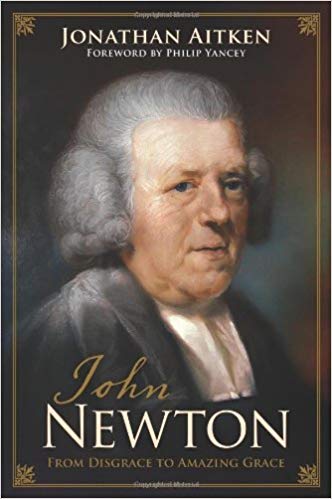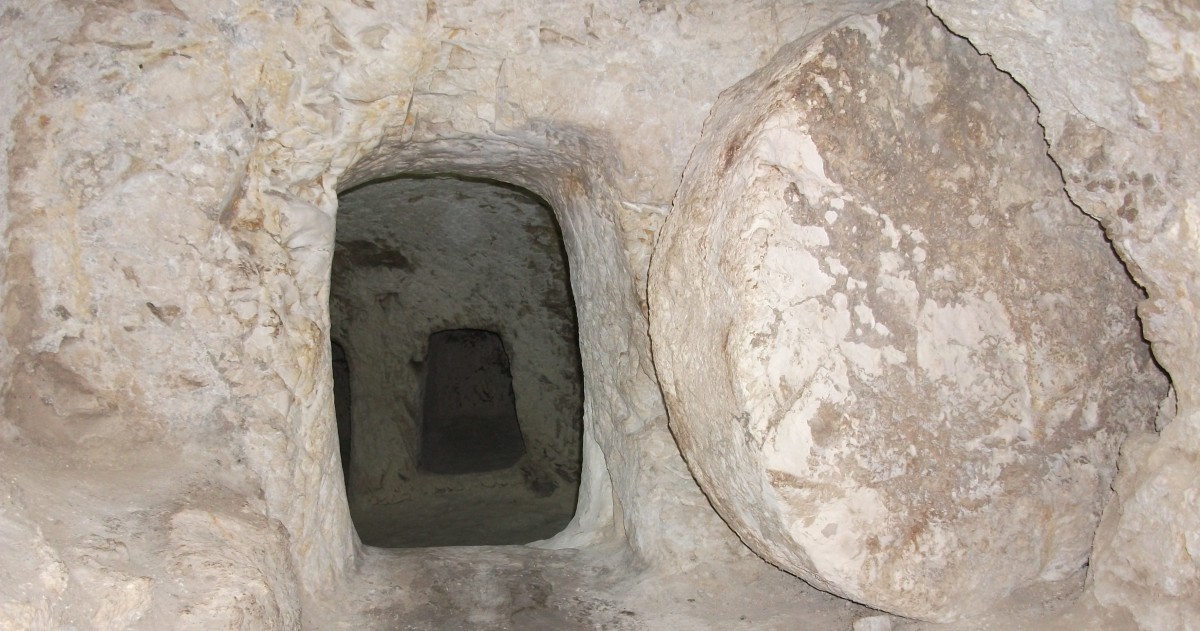Over the summer I have been reading the biography of John Newton by Jonathan Aitken, and rereading John Beresford’s edition of James Woodforde’s diaries:


It is fascinating to compare the lives of the contemporaries who lived in almost parallel worlds.
James Woodforde (1740-1803) was the epitome of the eighteenth century country parson. He came from a clerical family, was educated at Oxford and but for a family dispute would have succeeded to the living formerly held by his father. He spent the latter half of his life in a rural parish near Norfolk, although when his health allowed, spent plenty of time away staying with family in Somerset. There is throughout his writings a sense of gratitude to God for small mercies, but there is no obvious point of conversion or period during which his faith deepens. His focus is on the small details – what he eats each day, the company he keeps, the small sums won and lost playing at cards. He is an ardent supporter of the monarchy and makes sure to use the forms of prayers sent round for use on special occasions. On preaching he is less keen. When the Bishop of Norwich asks him to preach in the cathedral his response (24 Oct 1783) is to reason with him not to be asked to carry out this duty. When on one of his visits to Somerset (July 20 1782) he is asked to preach he declines as he has not brought a sermon with him. Parson Woodforde is a product of his age, benignly overseeing his parish, collecting the tithe each year, and carrying out such duties as are asked of him.
By contrast John Newton (1725-1803) had anything but a conventional route to ordination. He was a wild profligate young man who endured much hardship, and even once converted he still took command of a slave ship until eventually made redundant. He was self-educated and his calling to ministry came over many years while working as the Surveyor of Tides in Liverpool. Even then it remained unclear for quite some time in which denomination he would be ordained, and only the intervention of a wealthy patron finally secured ordination after much opposition from the establishment. He did not necessarily seek after fame, but his account of his dramatic conversion and the spiritual wisdom that he imparted in his writings and his hymns brought him a wide audience and led to a preaching ministry across the country. He also began to understand the incompatibility of his slave trading past with his faith, and so became an agent for social change and religious renewal. All the way through there is a sense of the unwarranted and overwhelming nature of God’s grace. His final words are reported to be: “My memory is nearly gone, but I remember two things: That I am a great sinner and that Christ is a great Saviour” (p.347)
It is hard not to be struck by the immense contrast between these two lives. Parson Woodforde described in minute detail the status quo and in so doing unintentionally created a wonderful landscape of 18th century life. It is easy to criticise his apparently superficial faith, but he was certainly no worse, and probably a lot better, than many of his contemporaries. He clearly was devoted to the people he served.
John Newton by contrast came from the margins of society to bring reform and renewal and was mightily used as God’s agent in a time when so much of the church had declined into nominalism. His life was preserved just long enough to see his protege William Wilberforce get a bill passed in parliament for the abolition of slavery (a subject that seems to appear nowhere at all in Parson Woodforde’s diaries) and he prepared the way for much of the evangelical revival of the nineteenth century.
